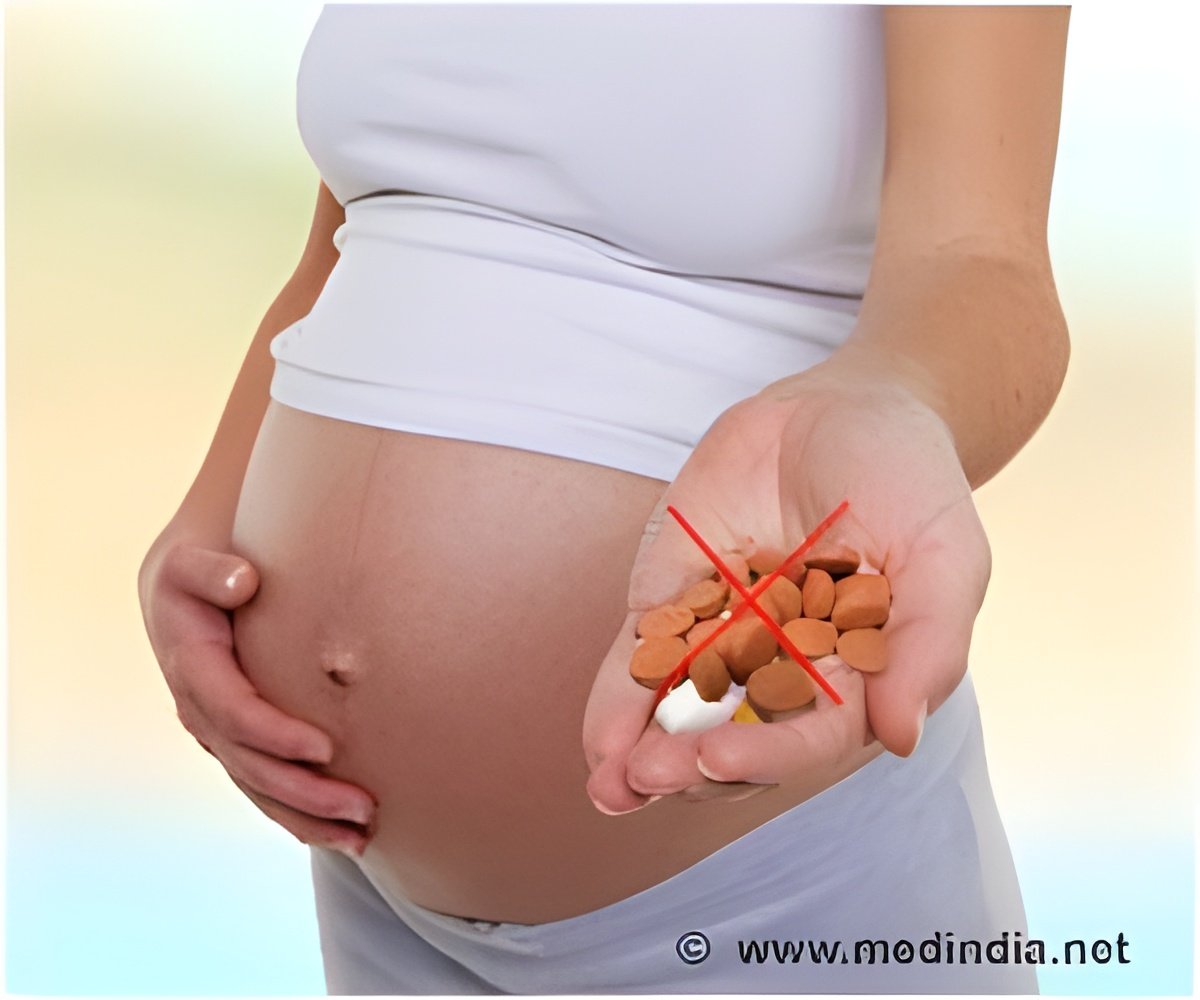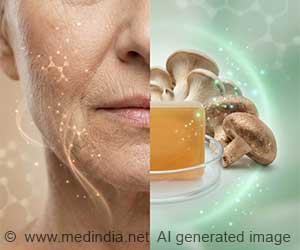Painkillers administered during pregnancy affect the fertility of the unborn baby’s fertility in later life with a reduction in the number of cells that give rise to sperm and eggs.

- Painkillers administered during pregnancy may affect the baby’s fertility in later life
- Painkillers such as paracetamol and ibuprofen administered during pregnancy led to a reduction in the number of cells that give rise to sperm and eggs, called germ cells
- Exposure to paracetamol or ibuprofen triggers mechanisms in the cell that make changes in the structure of DNA, called epigenetic marks
TOP INSIGHT
Use of painkillers like paracetamol and ibuprofen during pregnancy led to a reduction in germ cells in female offspring, which affected their fertility as well as the fertility of females in following generations.
- Paracetamol which is also known as acetaminophen - should be used at the lowest possible dose for the shortest possible time//
- Ibuprofen - should be avoided during pregnancy
The effects of paracetamol and ibuprofen on samples of human fetal testes and ovaries were analyzed by the scientists at the University of Edinburgh. They used different experimental approaches, including lab tests on human tissue samples and animal studies.
The study highlighted that human tissues when exposed to both the drugs for one week in a dish, found a reduction in the numbers of cells that give rise to sperm and eggs, called germ cells.
Ovaries exposed to both the drugs for one week showed that
- Paracetamol - had more than 40 percent fewer egg-producing cells//
- Ibuprofen - the number of cells was almost halved
Use of painkillers may also have effects on unborn boys too. Testicular tissue was exposed to painkillers in a culture dish. After exposure to paracetamol or ibuprofen, it had around a quarter fewer sperm-producing cells.
The research team also examined the effects of painkiller treatment on mice that carried grafts of human fetal testicular tissue.
After one day of treatment with a human-equivalent dose of paracetamol, the number of sperm-producing cells in the graft tissue had decreased by 17 percent. After a week of drug treatment, there were almost one third fewer cells.
Findings of the Study
Exposure to painkillers (paracetamol or ibuprofen) triggers mechanisms in the cell that make changes in the structure of DNA, called epigenetic marks, which can be inherited, helping to illustrate the effects of painkillers on how fertility may be passed on to future generations.
The effect of painkillers on germ cells is likely to be caused by their actions on molecules called prostaglandins, which have an important function in the ovaries and testes, found a team of researchers.
The study, published in Environmental Health Perspectives, was funded by the Medical Research Council, Wellcome and the British Society of Paediatric Endocrinology and Diabetes.
Dr. Rod Mitchell, who led the research at the University of Edinburgh’s MRC Centre for Reproductive Health, said: "We would encourage women to think carefully before taking painkillers in pregnancy and to follow existing guidelines - taking the lowest possible dose for the shortest time possible."
Source-Medindia
 MEDINDIA
MEDINDIA




 Email
Email










